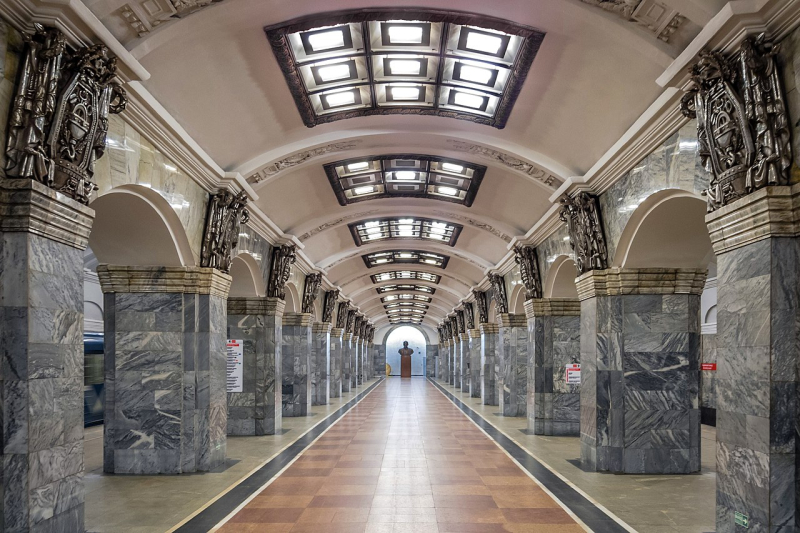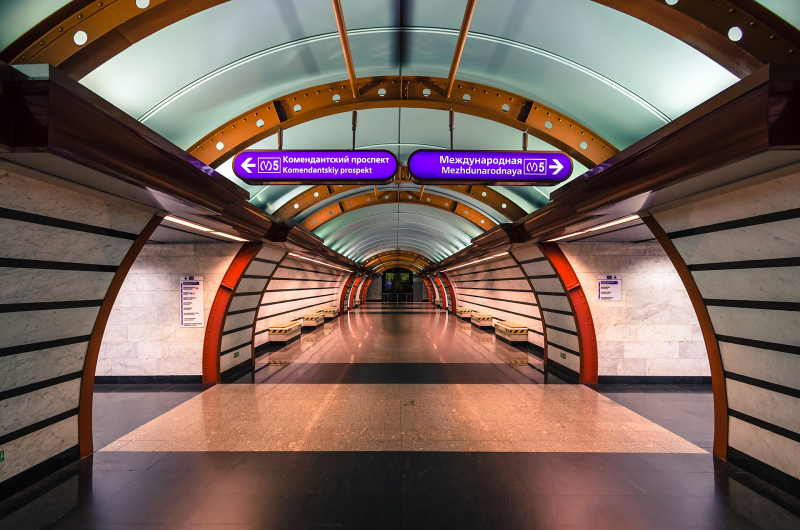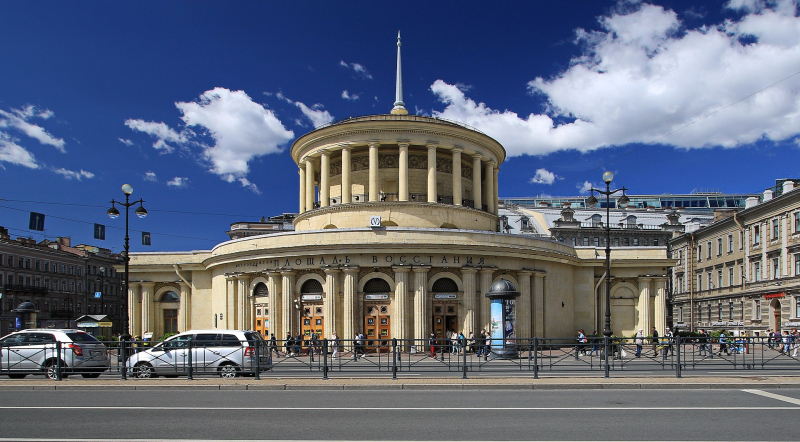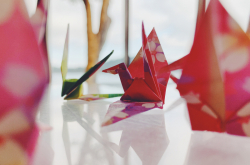General rule
When it comes to lengthy, oftentimes historic names, St. Petersburg natives love shortening and abbreviating them, which can be confusing to those not in the know. To help you make heads or tails of our metro vocabulary – and get to the right destination – we’ve compiled a 101 guide of the most common names and the meanings behind them (if any) across all the metro lines.
Red line
Гражда́нка/Grazhdanka (Гражда́нский Проспе́кт/Grazhdanskiy Prospekt) – what’s amusing about Гражда́нка is that it can also refer to an archaic Soviet term used to address women (still used today, usually in a mocking manner).
Акаде́мка/Akademka (Академи́ческая/Akademicheskaya) – also stands for академический отпуск (academic leave), though the masculine synonym академ is more commonly used.
Полите́х/Politekh (Политехни́ческая/Politekhnicheskaya) – the station got its name from the nearby Peter the Great St. Petersburg Polytechnic University, meaning that both the station and the university can be called Политех. The similar goes for Технолóжка/Tekhnolozhka (Технологи́ческий Институ́т/Tekhnologicheskiy Institut) and St. Petersburg State Institute of Technology.
Балты́/Balty (Балти́йская/Baltiyskaya) and Ветера́нов or Ветры́/Vetry (Проспе́кт Ветера́нов/Prospekt Veteranov) – these names share similar peculiarities: their shorter versions resemble certain words yet differently stressed. Thus, Балты́ is not to be confused with Ба́лты, meaning the Balts, and Ве́тры is one of the possible spellings for the plural form of the word ветер (wind).
Also: Му́жества (Пло́щадь Му́жества/Ploschad Muzhestva), Восста́ния (Пло́щадь Восста́ния/Ploschad Vosstaniya), Ки́ровский (Ки́ровский Заво́д/Kirovskiy Zavod), and Ле́нинский (Ле́нинский Проспе́кт/Leninskiy Prospekt).

Kirovskiy Zavod. Credit: Florstein / Wikimedia Commons / CC-BY-SA-3.0,2.5,2.0,1.0
Blue line
Просвеще́ния or Просве́т/Prosvet (Проспе́кт Просвеще́ния/Prospekt Prosvescheniya) – while both names refer to the concept of enlightenment, the second can also mean clearance (as in, a gap).
Уде́лка/Udelka (Уде́льная/Udelnaya) – the station is home to an eponymous flea market that is also often referred to as Уделка; yet in this the-chicken-or-the-egg dilemma, the station came first.
Also: Купча́га/Kupchaga (Ку́пчино/Kupchino), Петро́га/Petroga (Петрогра́дская/Petrogradskaya), Не́вский (Не́вский Проспе́кт/Nevskiy Prospekt), Сенна́я (Сенна́я Пло́щадь/Sennaya Ploschad).
Green line
При́ма/Prima (Примо́рская/Primorskaya) – while the district itself has nothing to do with ballet, Прима can refer to prima ballerina (a female principal dancer), immediately adding a touch of elegance to the word.
Ва́ська/Vaska (Василеостро́вская/Vasileostrovskaya) – everyone’s heard about Васька (Vaska): apart from being a diminutive of common Russian male (Василий) or female (Василиса) names, it’s also a moniker of the station on Vasilyevsky Island – and the surrounding district in general.
ПлАН/PlAN (Пло́щадь Алекса́ндра Не́вского/Ploschad Aleksandra Nevskogo) – luckily, this acronym, which in Russian also stands for the word plan, can be easily decoded since the word площадь (square) is often shortened to пл., hence пл. Александра Невского.
Ры́ба/Ryba (Рыба́цкое/Rybatskoye) – both names share marine aesthetics, with Рыбацкое stemming from the word for fisherman and Рыба meaning fish.
Also: Гости́ный or Гости́нка/Gostinka (Гости́ный Двор/Gostiny Dvor).
Orange line
Дыбы́/Dyby (У́лица Дыбе́нко/Ulitsa Dybenko) – quite far from its original meaning, the abbreviation alludes to the phrase встать на дыбы, which can be used when talking about a person who displays their disagreement (figuratively), an object that stands upright, or a horse that rears up.
Also: Ли́говский or Ли́говка/Ligovka (Ли́говский Проспе́кт/Ligovskiy Prospekt), Большевико́в or Большевики́/Bolsheviki (Проспе́кт Большевико́в/Prospekt Bolshevikov).

Obvodny Kanal. Credit: Florstein / Wikimedia Commons / CC-BY-SA-4.0
Purple line
Коме́нда/Komenda (Коменда́нтский Проспе́кт/Komendantskiy Prospekt) – another name that introduces us to the Russian realia and specifically to the slang word for a female комендант (a person who keeps order in dormitories).
Стару́ха/Staruha (Ста́рая Дере́вня/Staraya Derevnya) – it may be okay to call a metro station Стару́ха but not anyone else; the word basically means crone.
Сла́ва/Slava (Проспе́кт Сла́вы/Prospekt Slavy) – although its full name is all about glory, its shorter version refers us to another popular Russian name – Вячеслав (Vyacheslav) or Слава (Slava) for short.
Also: Кресто́вский (Кресто́вский О́стров/Krestovskiy Ostrov), Обво́дный (Обво́дный Кана́л/Obvodny Kanal).
All geared up for a nice metro ride? Then have a peek at our story about the St. Petersburg metro’s literary heritage and follow our like-a-local guides to Petrogradsky District, Moskovsky Prospect, Primorskaya, Vasilyevsky Island, and Obvodny Canal.




